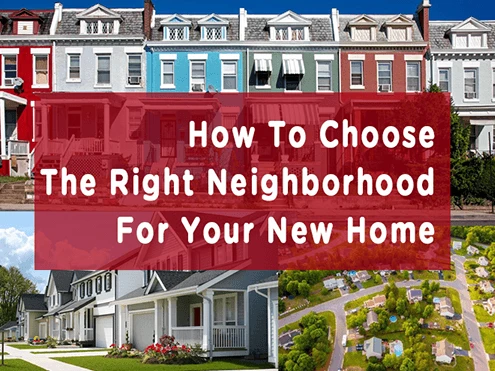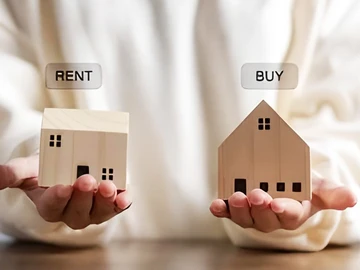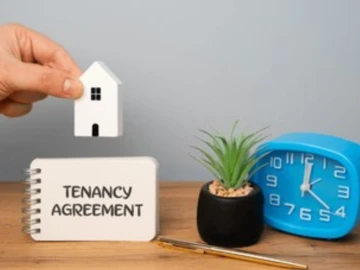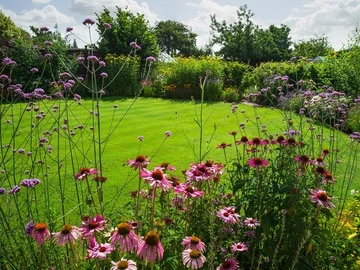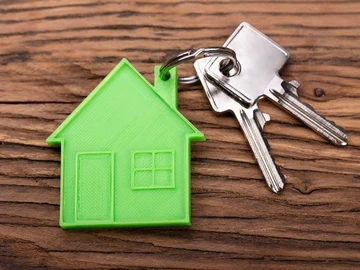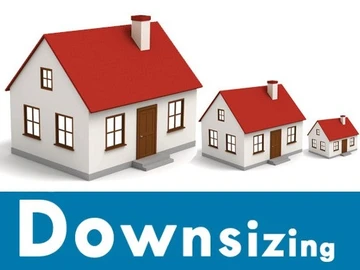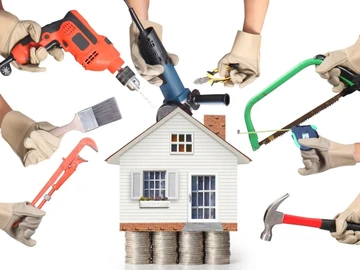Choosing the right neighborhood is a critical decision when buying a house or stand. Whether you're looking for houses for sale in the city or stands for sale in a quiet suburb, the neighborhood will significantly impact your living experience and property value. Here’s a comprehensive guide on how to choose the right neighborhood for your new property.
1. Proximity to Work and Schools: Key for Daily Convenience
- Commute to Work: When searching for houses for sale, proximity to your workplace is essential. A longer commute can lead to unnecessary stress and wasted time. Look for neighborhoods with easy access to major roads, public transportation, or highways to ensure a smooth daily commute.
- Schools for Families: If you’re buying a house with your family in mind, the quality of nearby schools is crucial. Research local schools to ensure your children will have access to the best education, which could also improve your property’s value in the future.
2. Safety and Security: Protect Your Home and Investment
- Crime Rates: Safety should be a top priority when choosing a neighborhood for your stand or house. Investigate crime statistics and speak with local residents about their experiences. A safe neighborhood not only offers peace of mind but can also help maintain or increase your property value over time.
- Security Features: Neighborhoods with gated communities, security patrols, or neighborhood watch programs tend to be more desirable, helping protect your investment.
3. Amenities and Services: Convenience at Your Doorstep
- Shopping and Dining: When browsing through houses for sale, consider the availability of nearby amenities such as shopping centers, grocery stores, and restaurants. Proximity to these facilities makes daily life easier and adds to the attractiveness of the neighborhood, ensuring your property retains its value.
- Healthcare and Other Services: Having hospitals, clinics, and pharmacies close by is an important consideration when buying a house. Quick access to medical care adds convenience and security, especially in emergencies.
- Recreational Facilities: Look for neighborhoods with parks, gyms, and recreational centers. These facilities not only enhance your lifestyle but can also be a key selling point if you decide to list your property for sale in the future.
4. Community and Social Life: Building a Strong Network
- Neighborhood Vibe: The atmosphere of the neighborhood is an essential factor in your decision. Some people prefer a quiet, family-friendly environment, while others may want a lively, bustling community. Walk through potential neighborhoods and assess the general vibe. Consider if it aligns with your lifestyle and future plans.
- Community Engagement: A strong sense of community can make a neighborhood feel like home. Look for neighborhoods with active residents and community events. This can help you feel more connected and integrated into the area, increasing your satisfaction with your home.
5. Future Development and Property Value: Plan for Growth
- Planned Developments: When considering stands for sale or houses for sale, it’s important to look into future development plans. Upcoming developments like new roads, commercial centers, or infrastructure improvements can positively impact your property’s value. On the other hand, construction projects could disrupt the neighborhood in the short term.
- Real Estate Appreciation: Investigating the historical property value trends in the area can give you insight into its future prospects. A growing neighborhood with strong demand for houses for sale typically leads to an increase in property value, making it a wise investment.
6. Noise and Environmental Quality: Living Comfortably
- Noise Levels: When considering a new home, pay attention to the noise levels in the neighborhood. Look for areas that are peaceful, especially if you plan to work from home or need a quiet environment. Proximity to highways or commercial zones can result in higher noise levels, which may affect your quality of life.
- Green Spaces: Green spaces such as parks and nature reserves are an important factor in choosing the right neighborhood. Access to natural areas enhances the neighborhood’s appeal and can improve your overall living experience. This also adds long-term value to your property.
7. Public Transportation and Traffic: Ease of Movement
- Transportation Accessibility: If you rely on public transportation, check how easily you can access buses, trains, or metro systems from the neighborhood. A well-connected neighborhood can save you time and money, making it easier to get around the city.
- Traffic and Congestion: Investigate the traffic patterns, especially during peak hours. Excessive traffic congestion can make commuting difficult and may reduce the desirability of the area over time.
8. Cost of Living and Affordability: Budgeting for Your New Home
- Affordability: The cost of living in the neighborhood will play a significant role in your decision. While exploring houses for sale, make sure the neighborhood aligns with your budget. Consider costs such as property taxes, utilities, and everyday expenses.
- Property Prices: Look at the average cost of properties for sale in the area. Ensure the neighborhood fits your budget without compromising on your needs or lifestyle.
9. Real Estate Trends: Make Informed Decisions
- Property Market Trends: Understanding current and future real estate trends in the area can help you make an informed decision. Investigate whether the demand for houses for sale is growing or declining. High demand typically means the neighborhood is desirable, which could positively impact the future resale value of your home.
- Consulting Real Estate Professionals: Don’t hesitate to speak with local real estate agents who can offer valuable insights about the neighborhood and the property market in the area. Their expertise can guide you to the best options available.
Conclusion
Choosing the right neighborhood for your new property is just as important as finding the perfect house or stand. By evaluating factors such as safety, amenities, future growth potential, and overall affordability, you can ensure that your new home not only meets your needs but also offers long-term value. Take the time to explore different areas, consult with real estate professionals, and consider what matters most to you before making a decision.
Looking for the best houses for sale or stands for sale? Visit property.co.zw for the latest listings in Zimbabwe’s top neighborhoods.
This optimized version incorporates real estate and property keywords while maintaining readability. Would you like to further enhance any specific section?
 Continue with Facebook
Continue with Facebook
 Continue with Email
Continue with Email

